2018
Download the 2018 Project Coyote Highlights here.
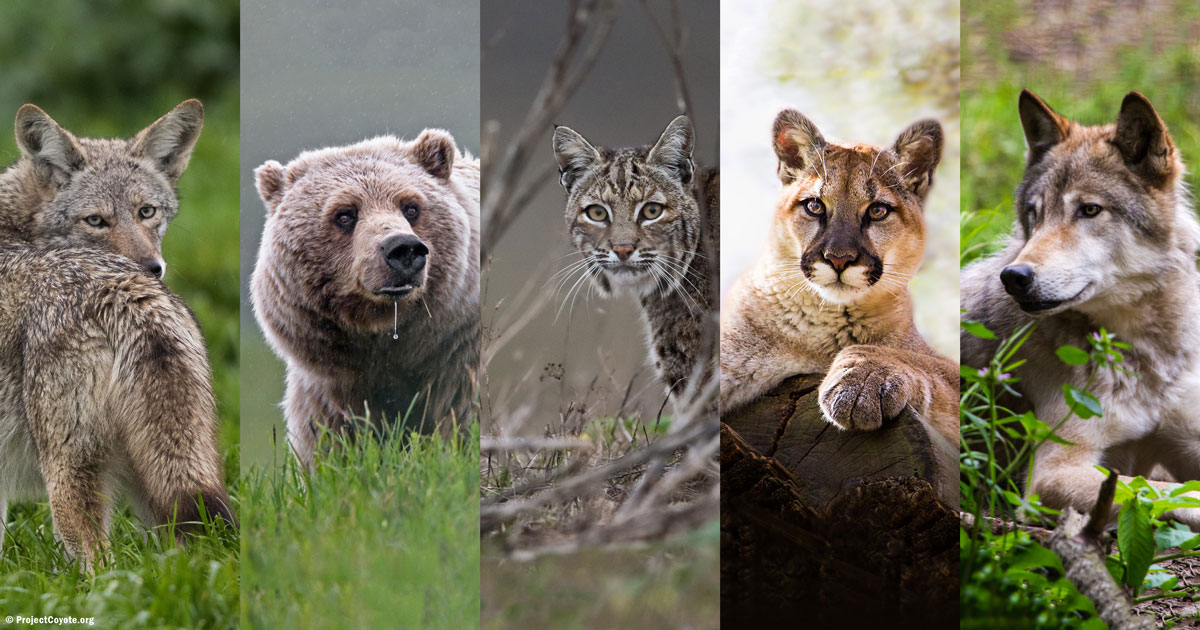
In a significant victory for wildlife, Vermont became the second state in the nation, after California, to ban coyote killing contests. A persistent coalition campaigned vigorously to help enact this historic bill.
In March 2018, the Albuquerque City Council voted unanimously in support of a resolution condemning coyote killing contests and calling on the New Mexico legislature to ban the practice. Project Coyote and our New Mexico Wildlife Coalition partners will work to rejuvenate the bill to ban coyote killing contests in 2019. Following this victory, the town council of Dewey-Humboldt and the Board of Supervisors of Yavapai County, Arizona, also passed resolutions condemning killing contests in the final two months of 2018.
The National Coalition to End Wildlife Killing Contests (“Coalition”), co-founded by Project Coyote in 2018, now includes more than 30 state and national wildlife conservation and animal protection organizations. In a nationwide campaign, Project Coyote and the Coalition, with help from For Love of All Things (FLOAT.org), spread the message that killing contests will no longer be tolerated through the sale of limited-edition t-shirts with the slogan BORN TO BE WILD & FREE—END WILDLIFE KILLING CONTESTS.
Project Coyote delivered two letters to Georgia’s governor and the Georgia Department of Natural Resources urging cancellation of the controversial state-sanctioned “Georgia Coyote Challenge” and prohibiting similar wildlife killing contests within the state.
With pressure from Project Coyote and its allies, two more counties in California—Siskiyou, and Shasta—suspended their contracts with the United States Department of Agriculture’s Wildlife Services, opting for nonlethal predator-control.
In another victory, Travis County, Texas, also ended its contract with Wildlife Services. The county adopted a policy of tolerance and coexistence in its approach to living with coyotes.
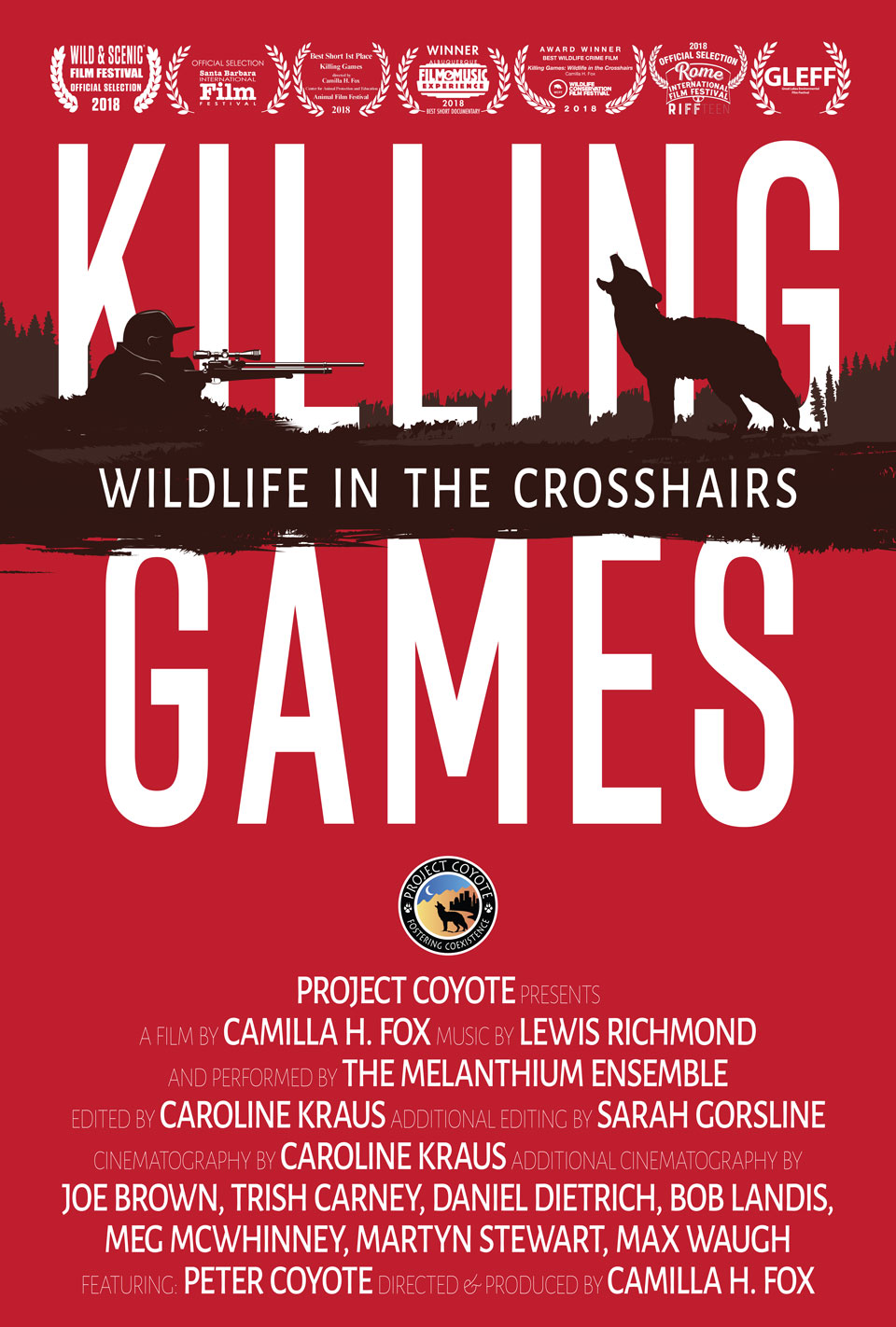
KILLING GAMES ~ Wildlife In The Crosshairs, Project Coyote’s documentary film exposing the shadowy world of wildlife killing contests continues to spread awareness about these events and how to stop them.
In addition to being an official selection at numerous film festivals nationwide, KILLING GAMES won documentary prizes at three of those festivals and toured nationwide with others.
COYOTE FRIENDLY COMMUNITIES™
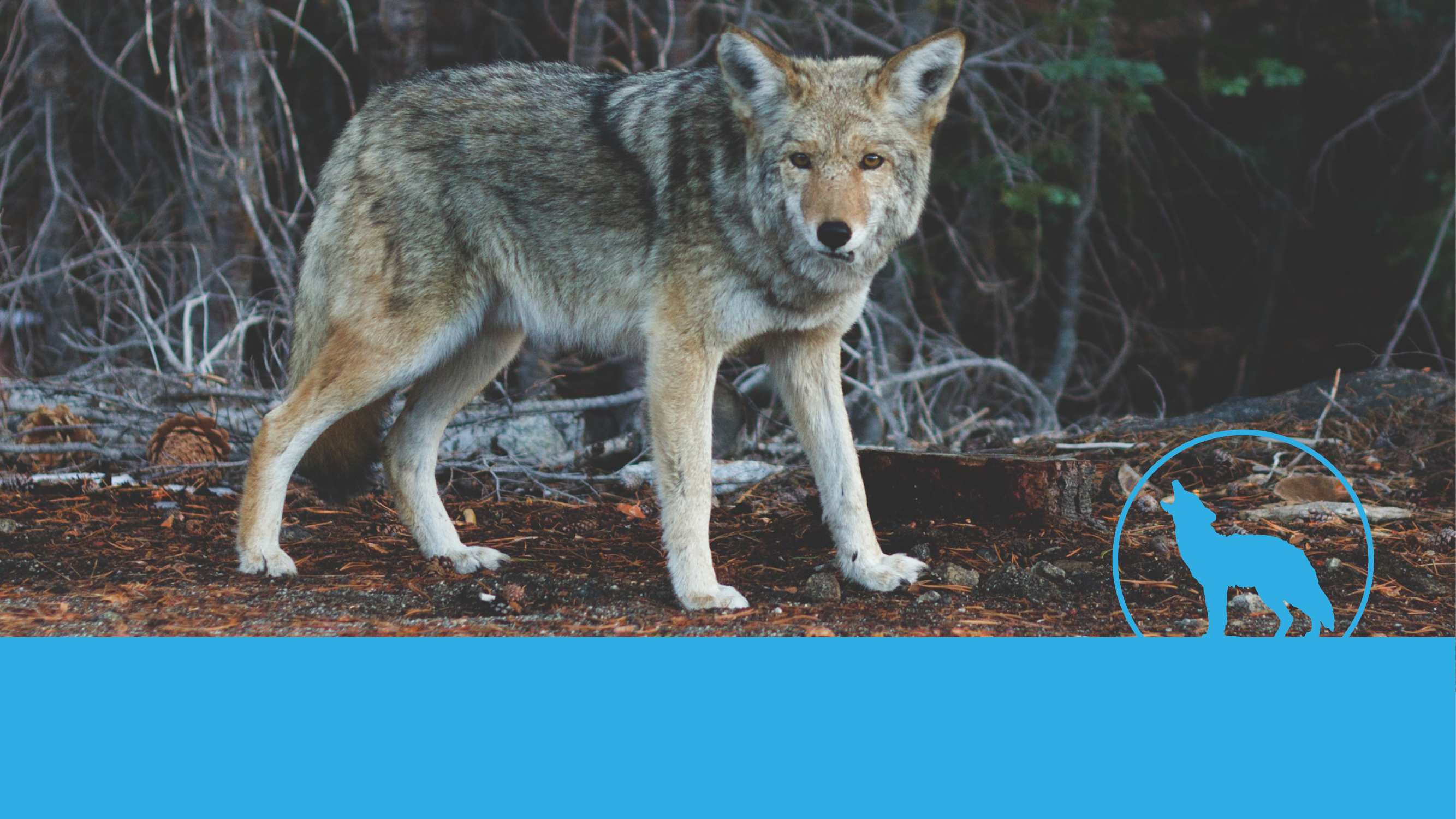
Project Coyote team members continued to spread the word about compassionate coexistence across the country. We provided presentations in locations nationwide—including California, Georgia, Nevada, New England, and New Mexico—about wild canid ecology, living safely and peacefully with coyotes and other wild neighbors, and the deleterious effects of wildlife killing contests and the use of body-gripping traps on public lands. Our public outreach efforts, which focus on education and conflict prevention, inspire communities to embrace a sensible, humane way forward.
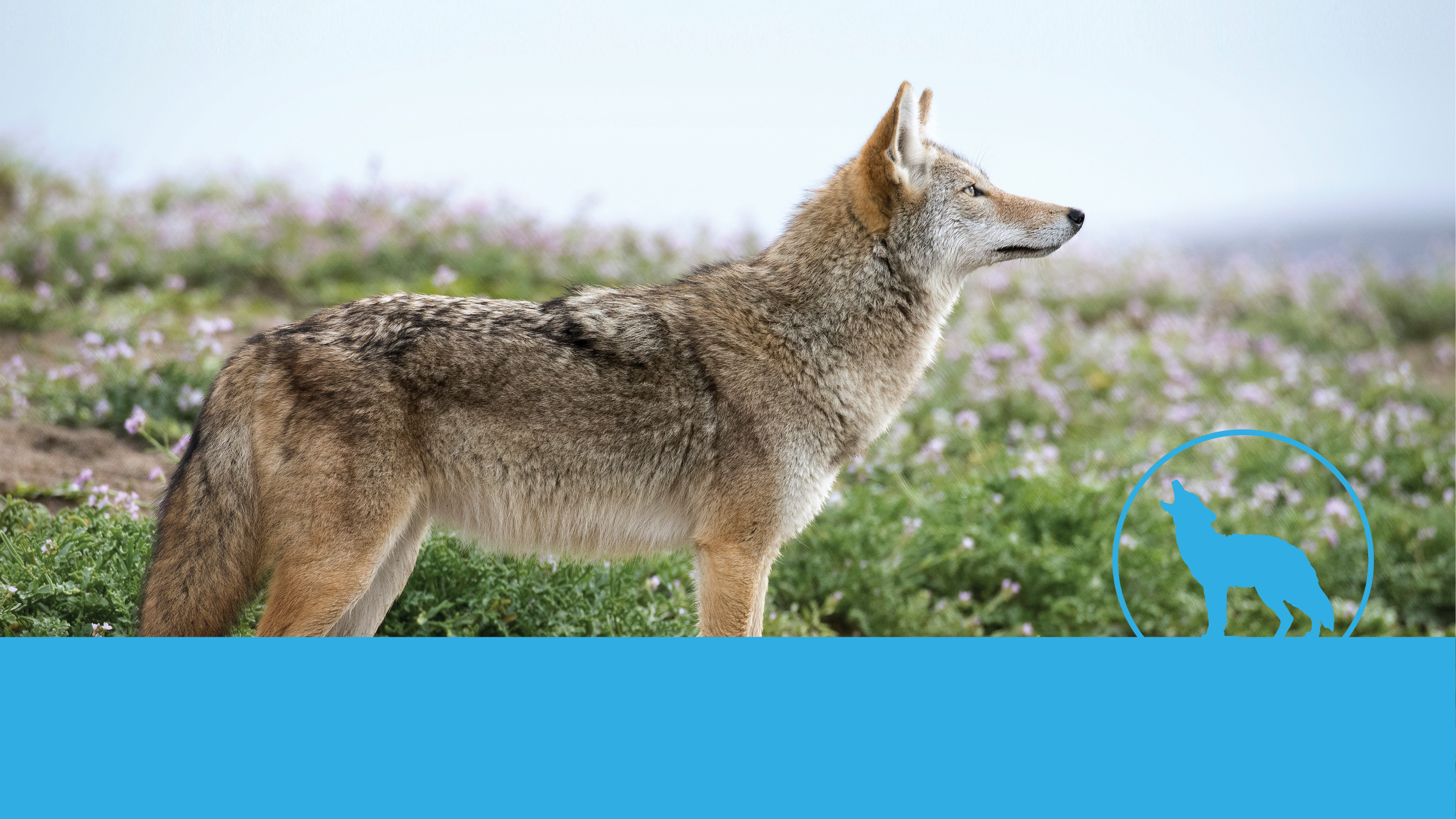
The southern California city of Whittier adopted a proactive Coyote Management Plan that emphasizes public education and hazing of habituated coyotes.
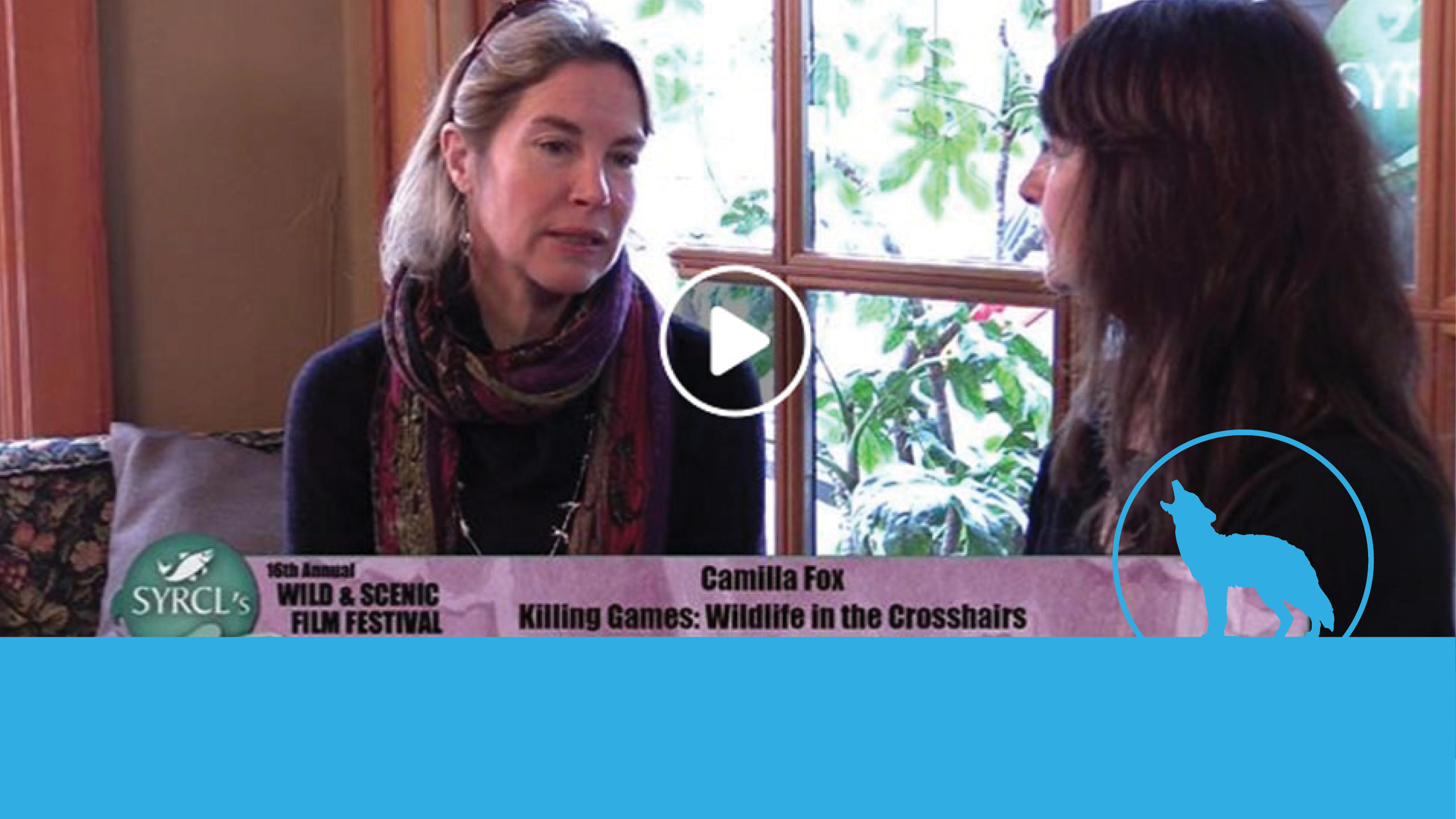
In addition to speaking at film festivals across the country for our documentary film KILLING GAMES ~ Wildlife In The Crosshairs, Project Coyote Executive Director Camilla Fox gave numerous media interviews in 2018—including an interview on National Public Radio—on topics related to why predators matter, ending wildlife killing contests, and compassionate conservation and coexistence.
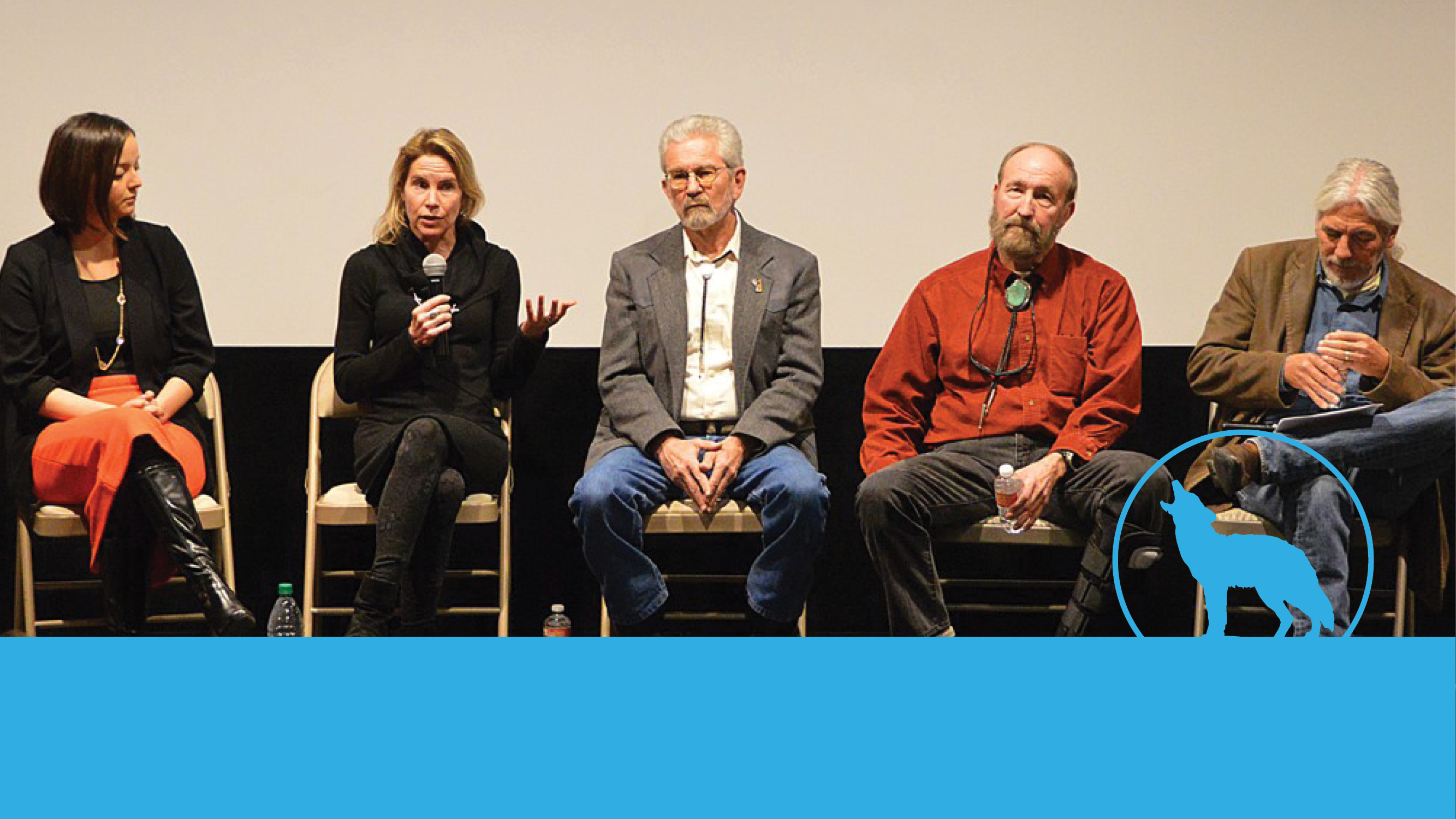
In all, Project Coyote representatives presented and engaged with attendees at more than 45 events, conferences, and meetings reaching thousands of people.
REFORMING PREDATOR MANAGEMENT – ADDITIONAL ACCOMPLISHMENTS

Project Coyote’s participation on the California Fish and Game Commission’s Predator Policy Working Group and grassroots mobilizing helped propel the Commission to adopt a more humane predator policy for California. Project Coyote Science Advisory Board member Dr. Rick Hopkins and Ranching with Wildlife Coordinator Keli Hendricks served on committees playing a significant role in formulating the framework that will determine the state’s approach to predator conservation. In addition, Project Coyote Science Advisory Board Member John Hadidian helped influence the Commission’s revised mission and goals statement for wildlife management.
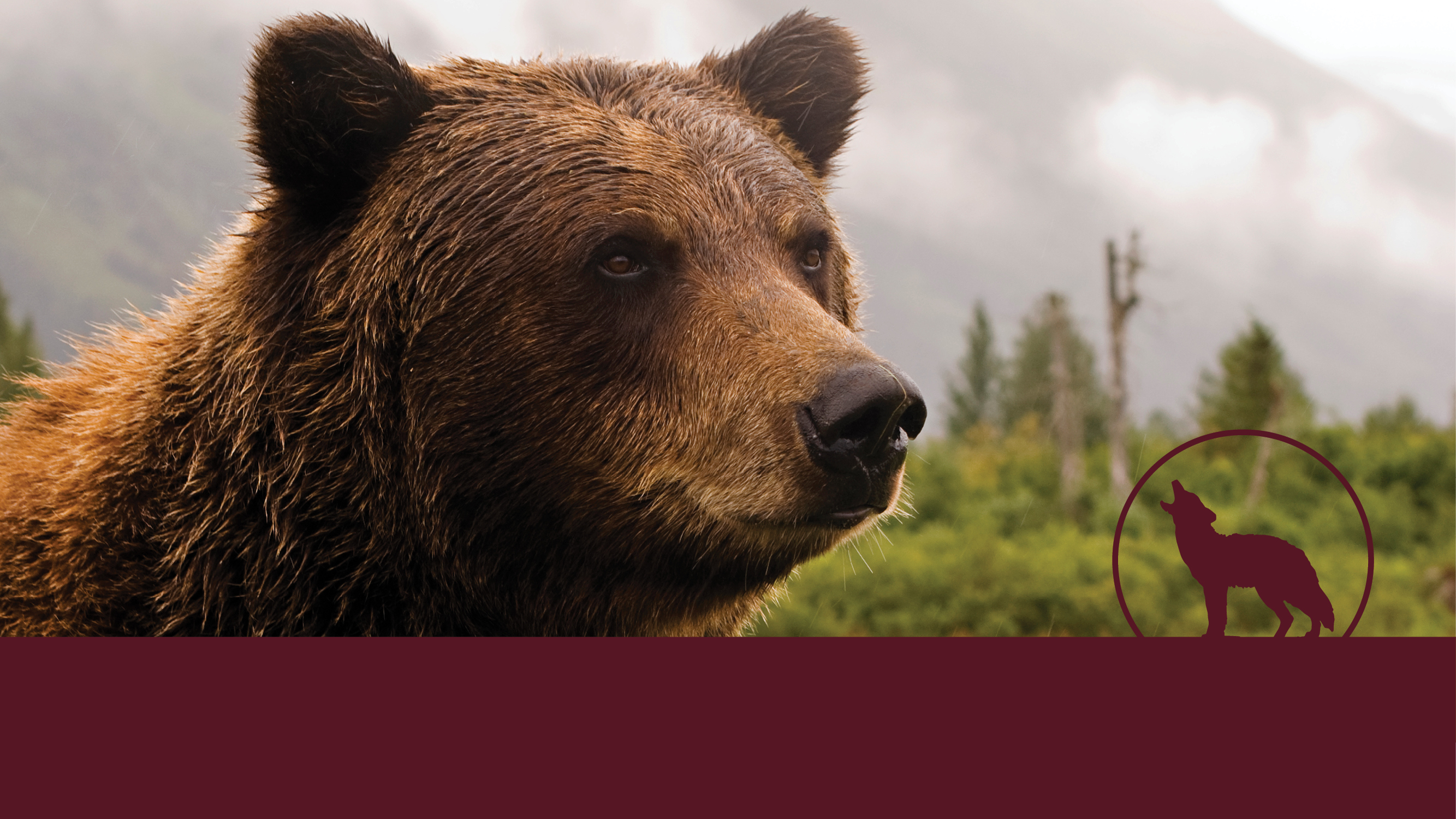
Dr. Hadidian also led Project Coyote’s efforts to demand that the National Park Service keep intact its ban on barbaric hunting practices on national preserves in Alaska.
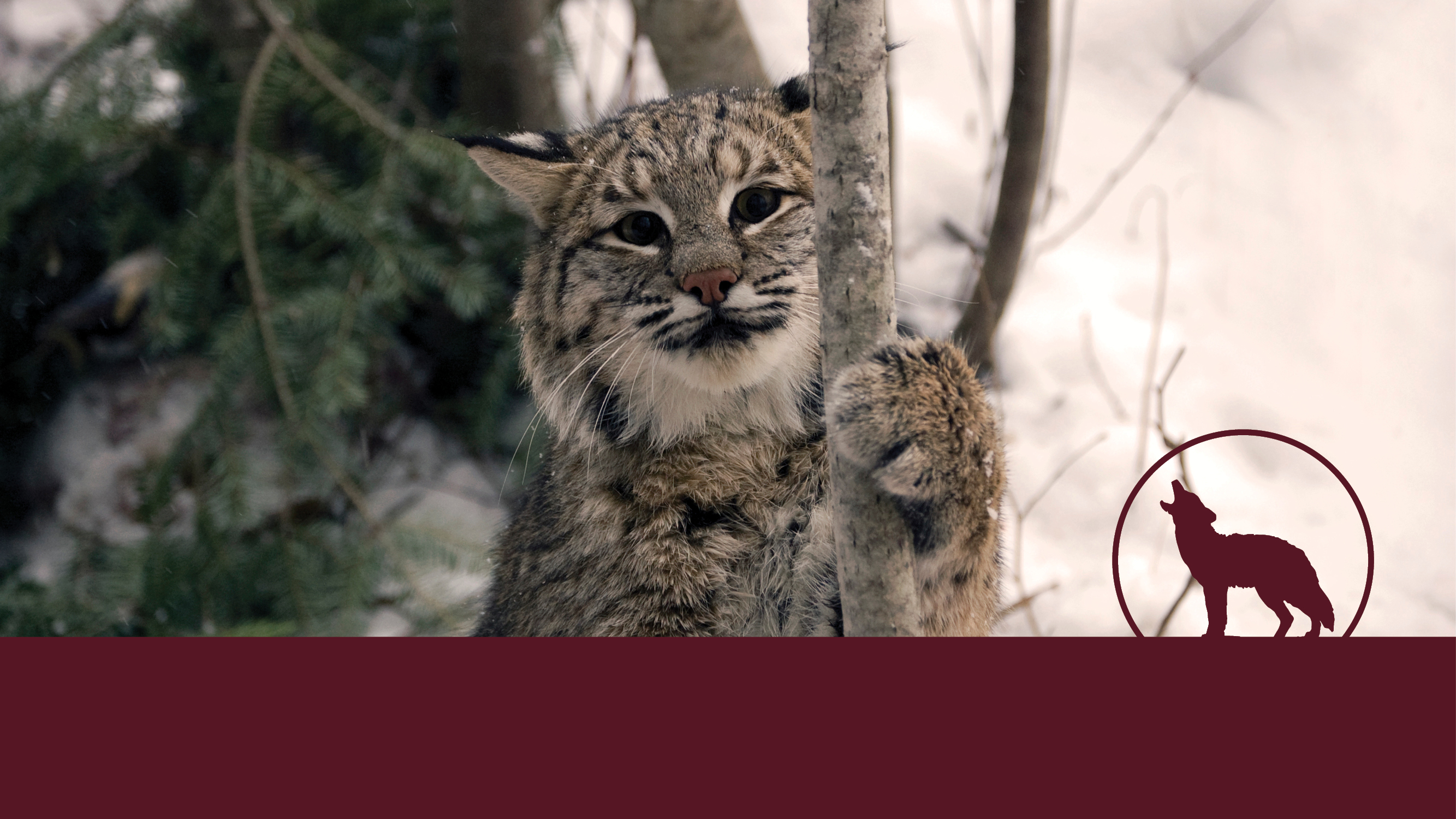
A new review by Project Coyote and the Center for Biological Diversity (CBD) revealed that the California Department of Fish and Wildlife omitted vast sums of money from their cost estimate to run the state’s commercial animal-trapping program. The omission of hundreds of thousands of dollars a year in expenses amounts to an illegal subsidy of trapping licenses with the use of public funds.

With support from Project Coyote, the cities of Los Angeles and San Francisco joined the growing list
of cities banning the sale of fur.
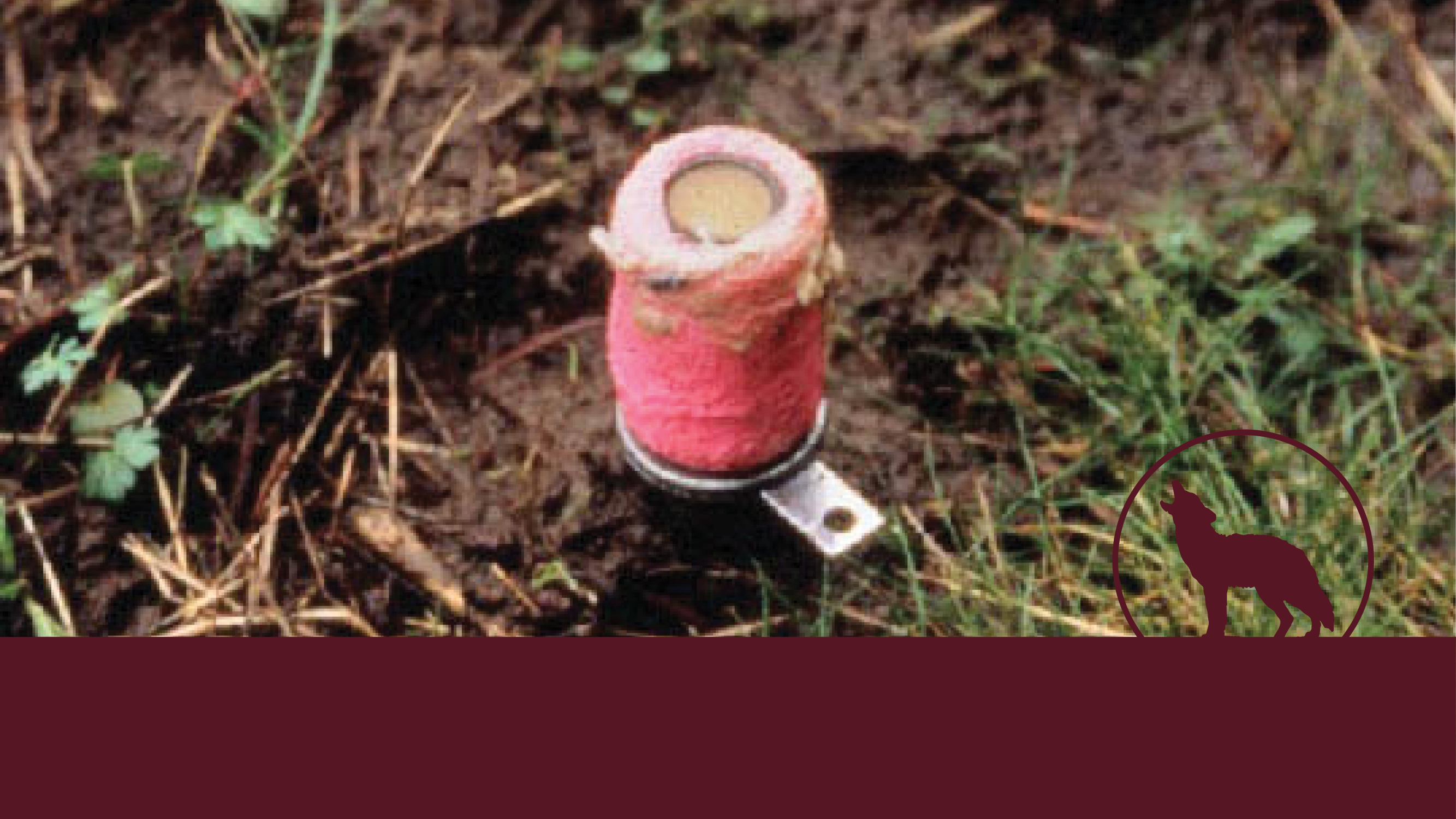
Project Coyote and coalition partners petitioned the Environmental Protection Agency seeking a national ban on M-44 “cyanide bombs” and the cancellation of registration of the deadly poison Compound 1080.
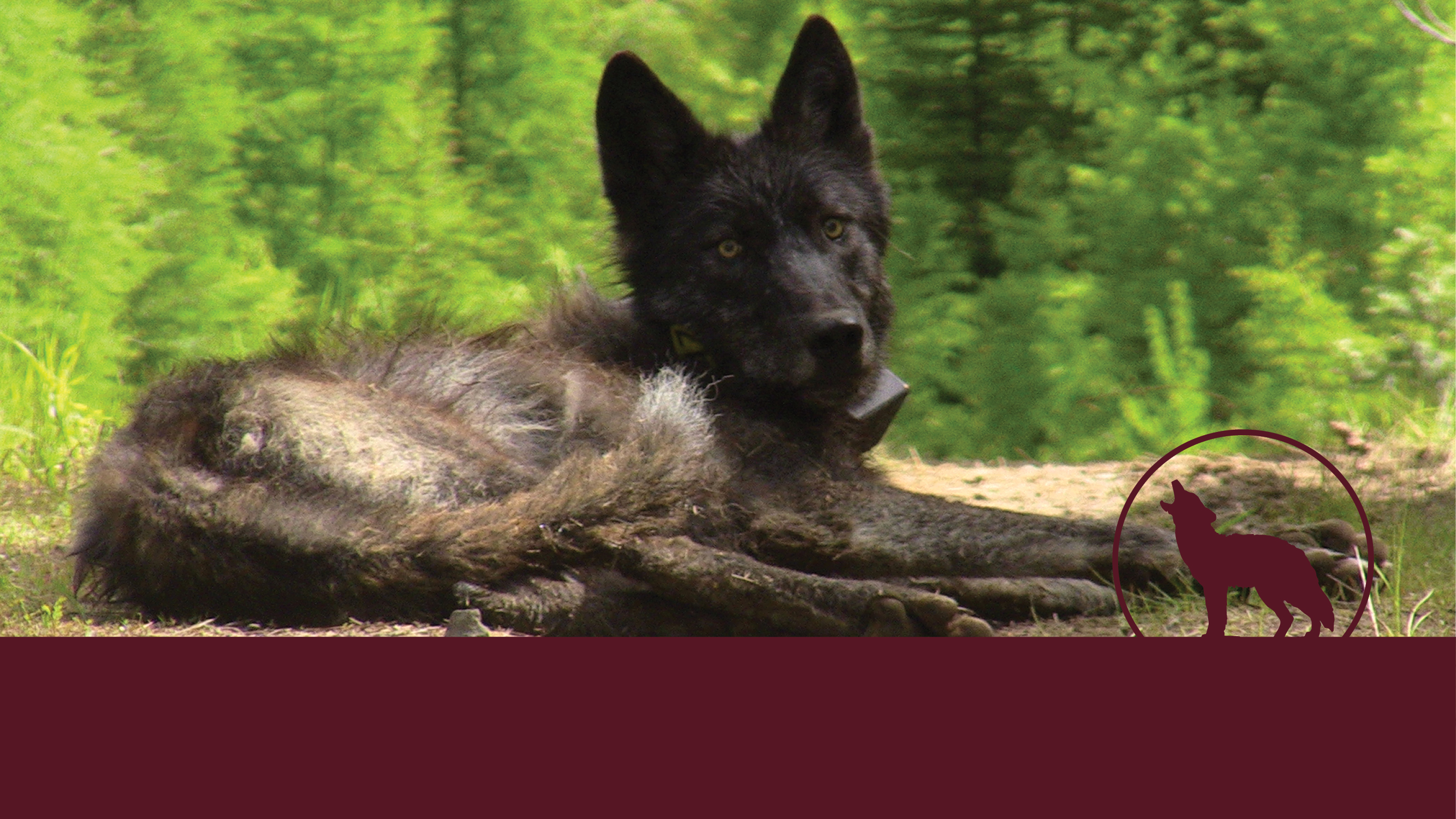
With continued pressure from Project Coyote Science Advisory Board Member Dr. John Vucetich, who has studied the wolves of Isle Royale, Michigan, since the early 1990s, the National Park Service decided to increase the dwindling wolf population on the island—home to just two remaining wolves—by reintroducing 20 to 30 wolves over the next three years.
SCIENCE, CONSERVATION, & STEWARDSHIP
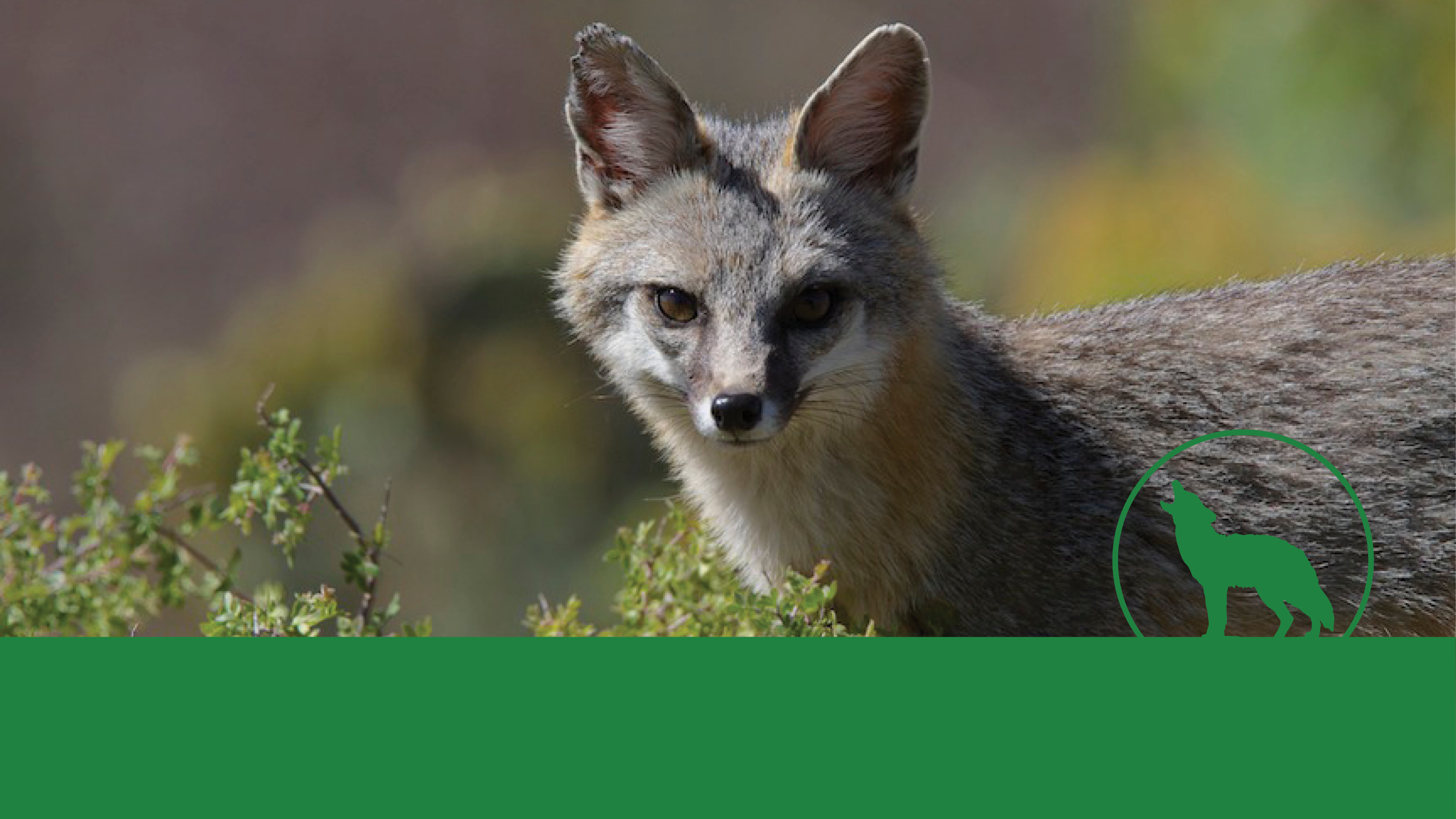
California State Assembly member, Richard Bloom introduced a bill—co-sponsored by Project Coyote, Raptors Are the Solution, and Poison Free Malibu—to ban first and second generation anticoagulants, both of which are responsible for wildlife deaths and “sublethal” impacts that affect the ability of wildlife to survive and thrive. While the bill did not advance in 2018, sponsors aim to reintroduce legislation to ban the deadly rodenticides. Project Coyote will also continue to work on poison bans at the municipal and county levels throughout the country.
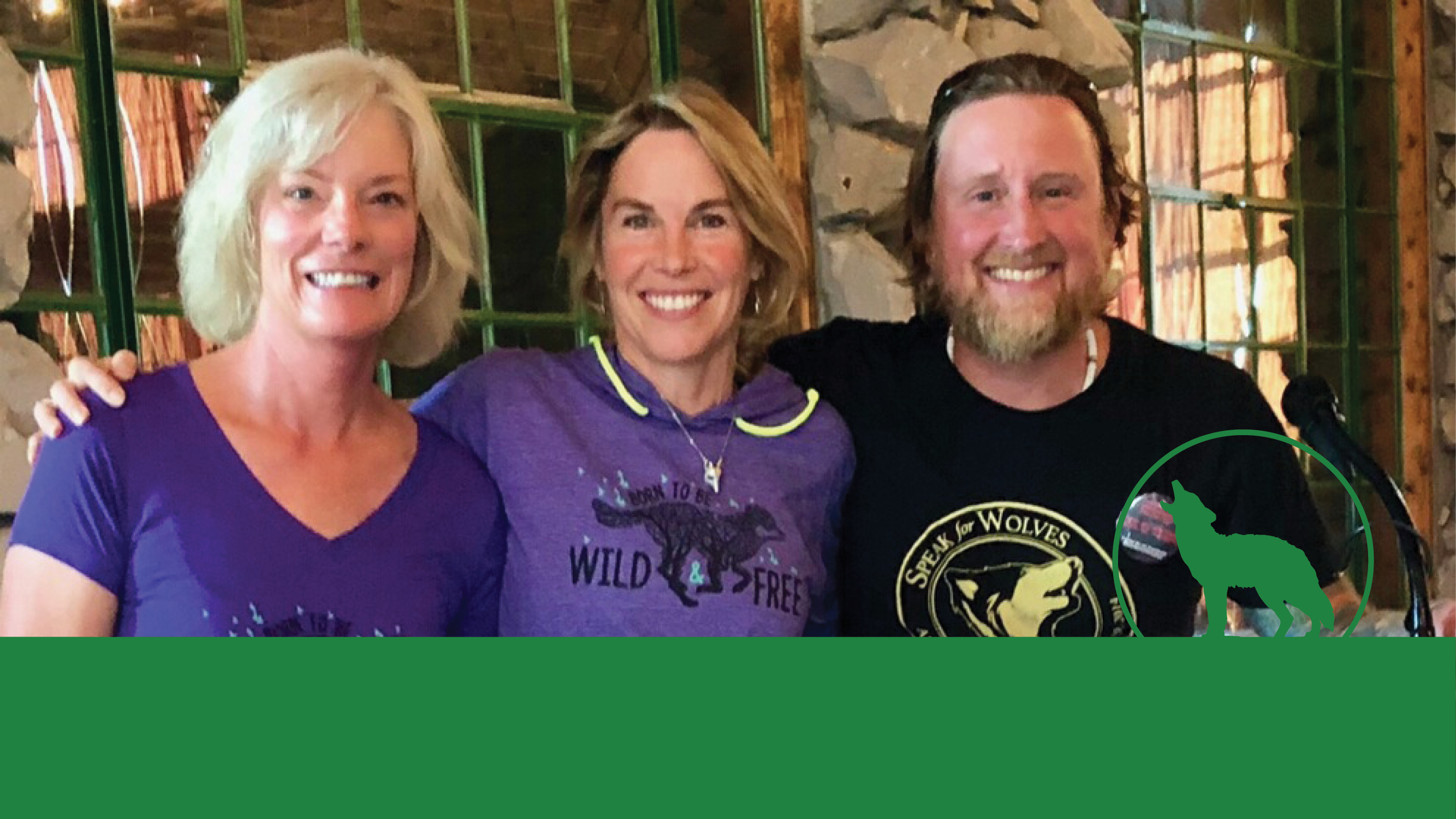
Project Coyote’s Camilla Fox and Science Advisory Board Members Dave Parsons and Dr. Adrian Treves presented at the first national Wildlife for All – Re-Envisioning State Wildlife Governance conference in Albuquerque, NM, The conference brought together state and national organizations from across the country to discuss a path forward to address the urgent need to reform state wildlife agencies to ensure that they represent the interests of all citizens—not just trophy hunters and trappers—and protect all wildlife, including native carnivores and non-game species.
RANCHING WITH WILDLIFE
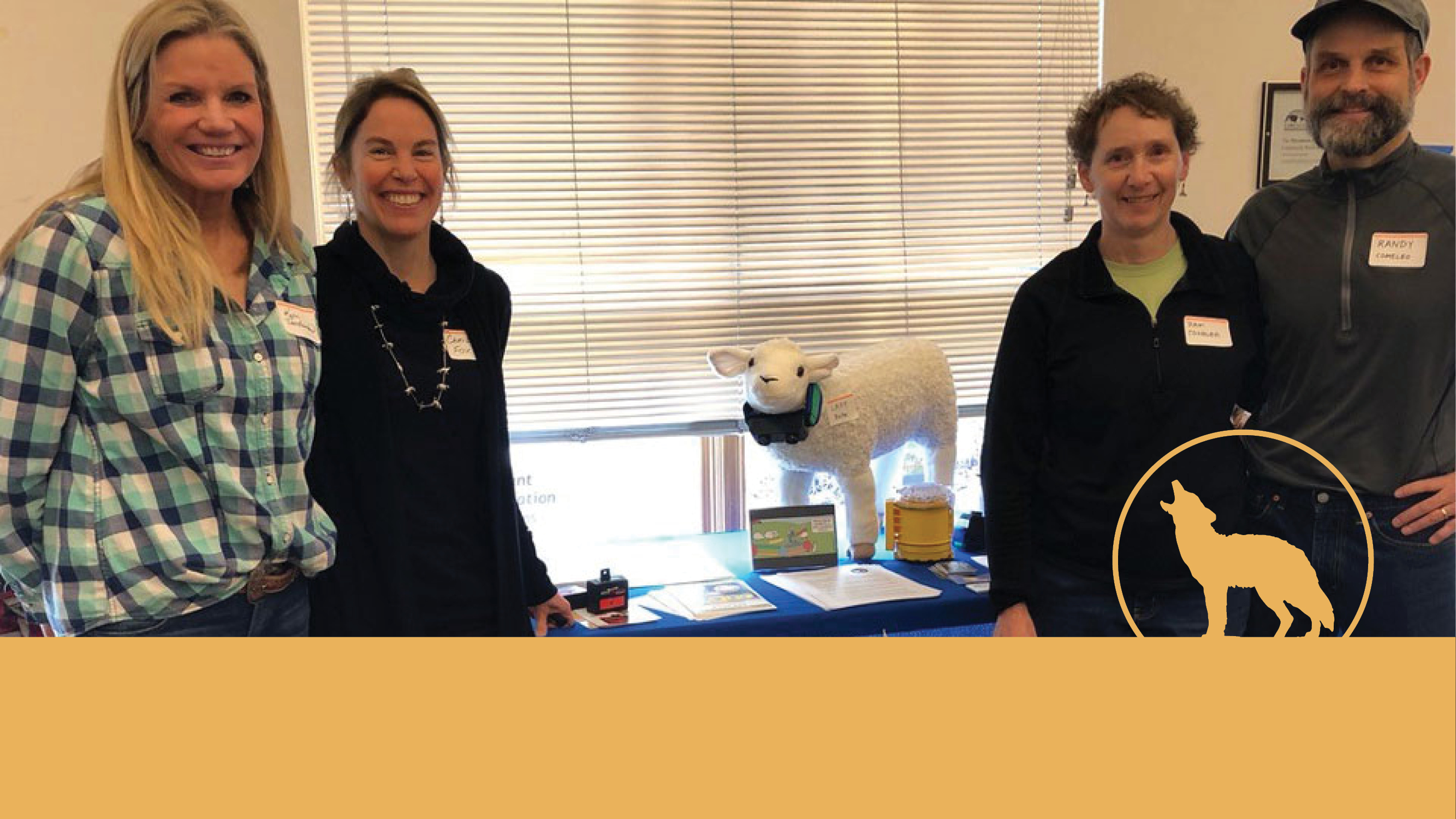
Benton County adopted an Agriculture and Wildlife Protection Program that supports innovative nonlethal projects aimed at reducing conflicts between livestock and wildlife. In 2018, mini-grants totaling more than $35,000 were awarded to ranchers and farmers in Benton County supporting implementation of non-lethal deterrents. Project Coyote Ranching with Wildlife Coordinator Keli Hendricks and Executive Director Camilla Fox participated in Benton County, Oregon’s first Farming with Wildlife workshop.
KEEPING IT WILD ~ Youth Education & Outreach
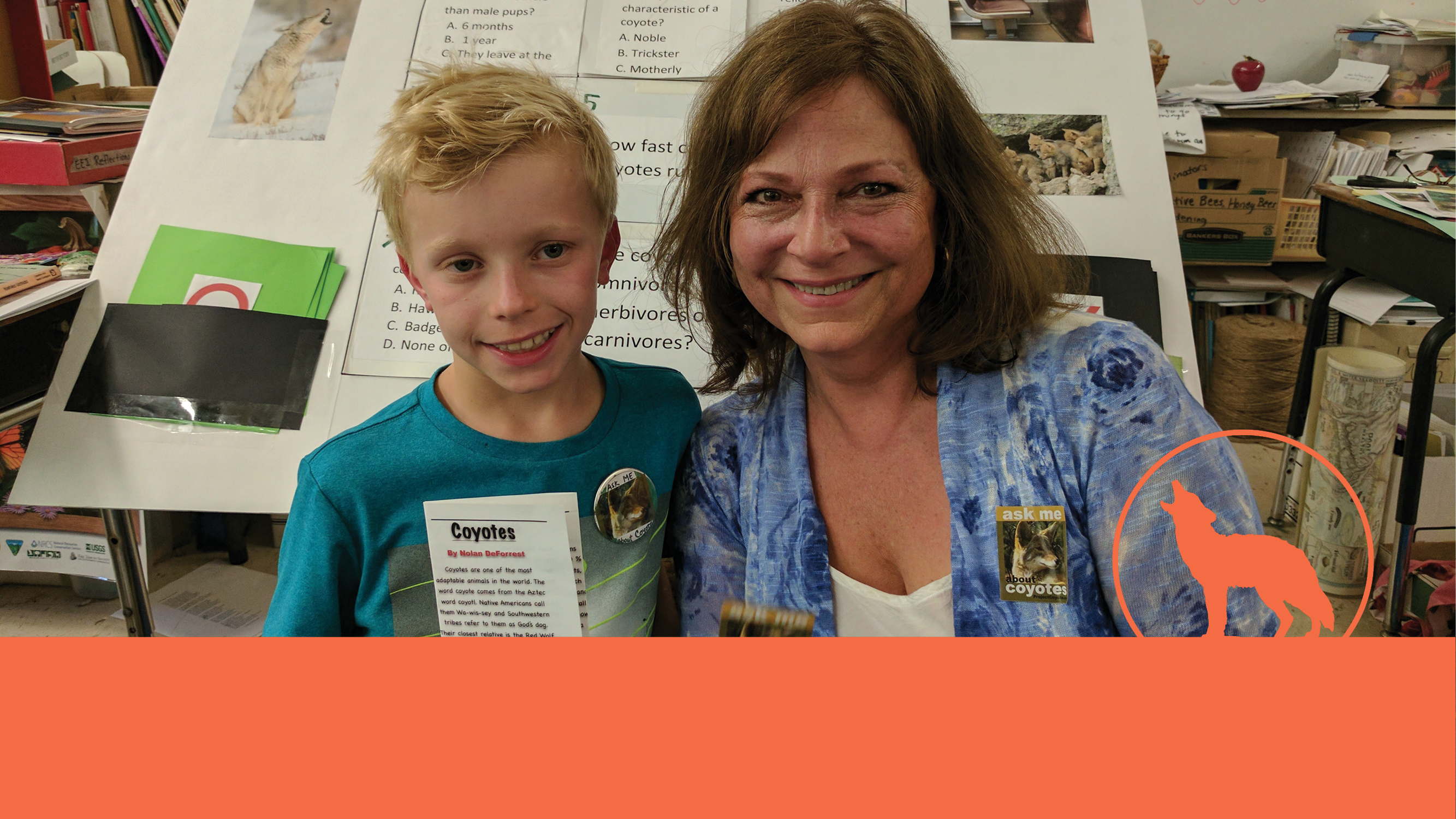
Project Coyote Advisory Board Member Gina Farr took a group of Montessori students into the field to learn about coyotes and to explore their habitat. The kids put their enthusiasm and newfound knowledge into creating a brochure and a poster—that were warmly received by Jane Goodall at her Roots and Shoots Celebration in San Francisco.
